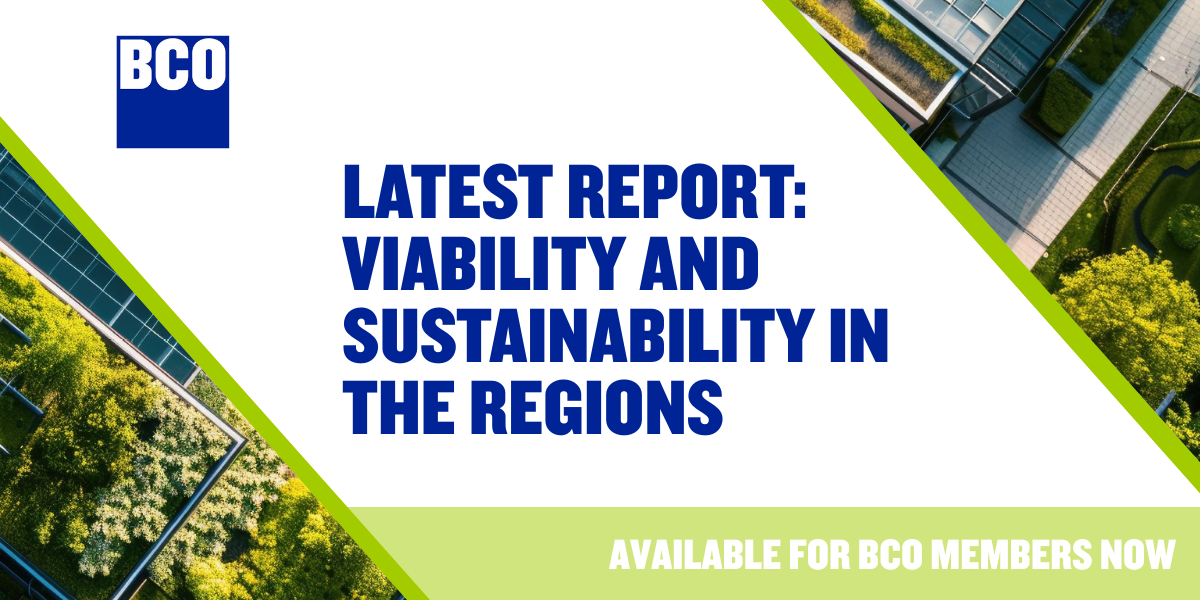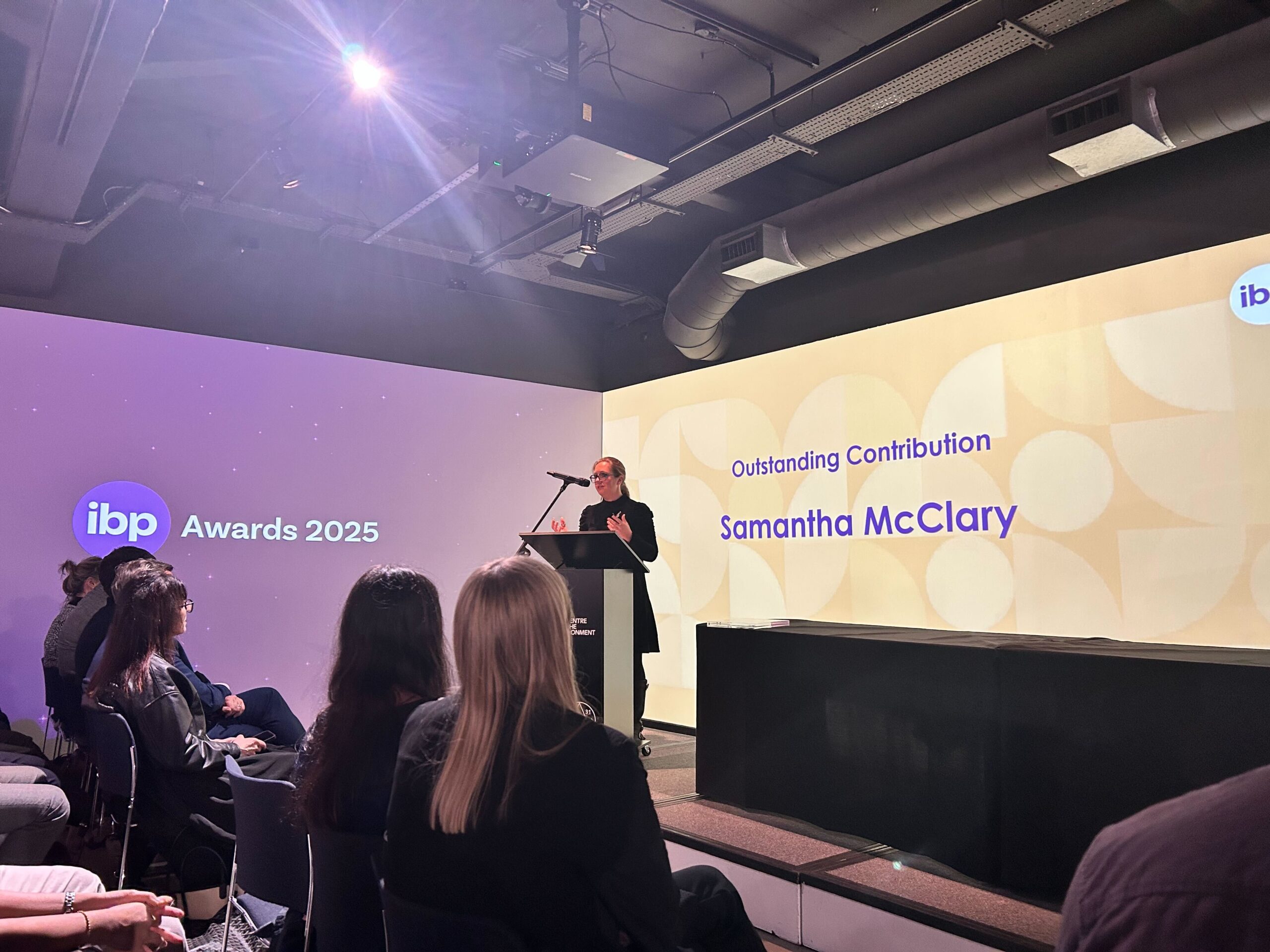
Publication title
PIA: A best practice framework for a responsible real estate industry
Publication date
28.02.20
Category
BCO Research & Policy
Member Cost
Free
Non-Member Cost
Free
Real estate industry participants undertake myriad activities for a variety of reasons. Buildings have
long and complex lifecycles, including procurement and construction, purchase, financing and disposal,
operation and management, refurbishment, redevelopment and adaptation for different uses, and
demolition. Different firms might specialise in particular types of building, or in particular stages of the
building lifecycle, or in particular specialist areas of advisory expertise. They may own or lend against real
estate in order to generate income for the benefit of savers, pensioners and insurance policy holders, or
for other investment purposes; or they may focus on the often riskier – but no less important – areas of
developing new buildings, types of building or places, or changing the way buildings or places can be used.
Real estate firms are the custodians of our built environment – but real estate being a capital intensive
business, these firms are also custodians of our savings. Whatever their reasons for participating in the
real estate sector, whether as owners, developers, managers, financiers or advisers, they have, collectively
and individually, a genuine and substantial responsibility for how they shape the places (both buildings and
the open spaces between them) where we all live, work and play.
The Property Industry Alliance (PIA) was formed in 2006 to facilitate closer working between the
leading representative and professional bodies in the commercial real estate industry. Today, it has eight
member organisations: the Association of Real Estate Funds (AREF); the British Council for Offices (BCO);
the British Property Federation (BPF); the Commercial Real Estate Finance Council (CREFC) Europe; the
Investment Property Forum (IPF), Revo, the Royal Institution of Chartered Surveyors (RICS) and the
Urban Land Institute (ULI UK). Each of these organisations has its own mission, but they serve overlapping
constituencies with interests that sometimes align sufficiently to warrant a coordinated approach.



